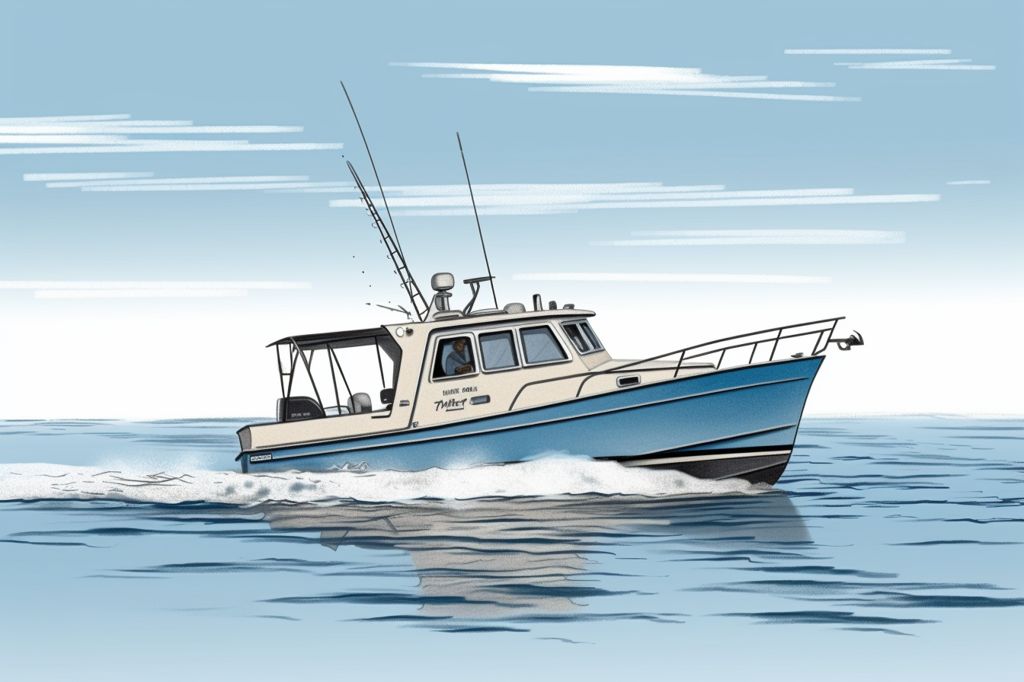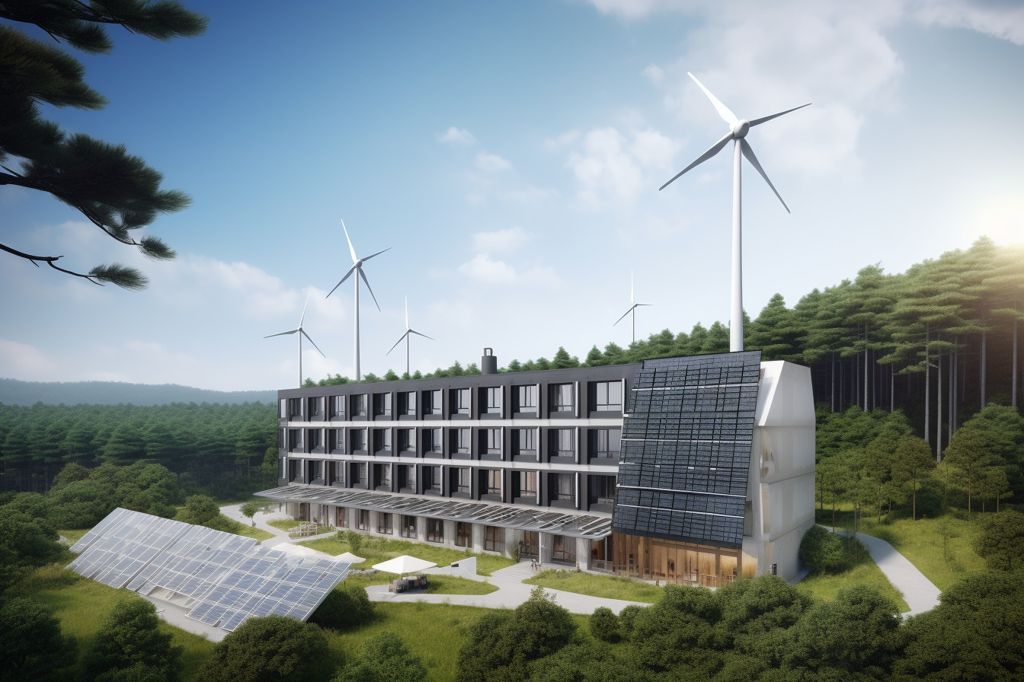The Fishing Right Allocation Process 2020/2021 (FRAP 2021) is a critical event for the fishing industry in South Africa. It aims to transform and professionalize the sector while ensuring fair and equitable fishing rights allocation.
The Phases of FRAP 2021
FRAP 2021 has been divided into phases, each addressing specific industry sectors. For example, the Tuna Pole Line and Squid Sectors were part of the third phase of the appeal process.
Appeal Decisions
The Minister of Forestry, Fisheries, and the Environment, Barbara Creecy, issued the final appeal decisions for the Tuna Pole Line Sector. However, the decisions for the Squid Sector have been deferred to May 12, 2023, due to the complexity of the sector management.
Policies and Laws
The Minister applied the General Policy on the Allocation of Commercial Fishing Rights 2021, the 2021 Sector Specific Policy on the Allocation and Management of Commercial Fishing Rights in the Tuna Pole Line, the Marine Living Resources Act, and laws on transformation. The policies were applied flexibly to achieve a fair and equitable result without compromising the objectives of the MLRA and the core principles that underlie the policies.
Successful Right Holders
Successful right holders in the Squid sector will harvest Squid on July 1, 2023, after the Minister issues the appeal decisions. The successful right holders for the Tuna Pole Line Sector will commence tuna harvesting immediately.
Department’s Commitment
The Department of Forestry, Fisheries, and the Environment is committed to completing each phase of the appeals process within the proposed timeframes, with the timelines subject to review. The Department will publish its progress about each stage of the appeals process on its website.
Conclusion
The FRAP 2021 process is crucial to transform and professionalize the fishing industry in South Africa. The Ministry of Forestry, Fisheries, and the Environment is committed to ensuring a fair and equitable allocation of fishing rights while adhering to the objectives of the MLRA and the core principles that underlie the policies. The public can follow the progress of the appeals process through the Department’s website.










